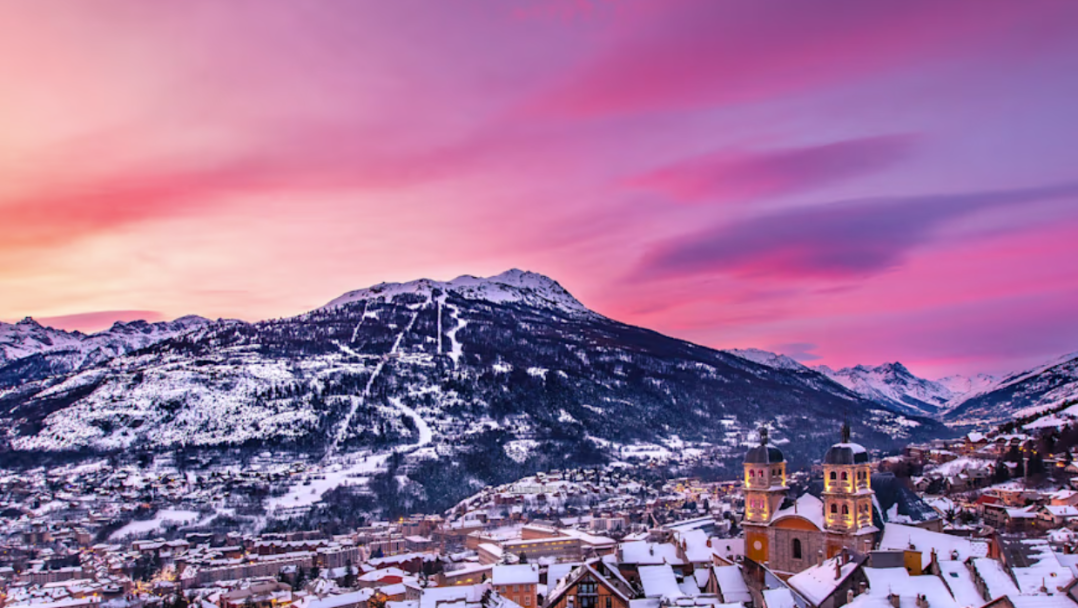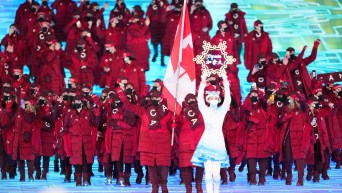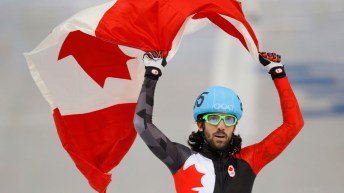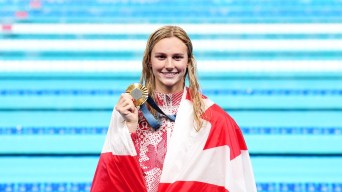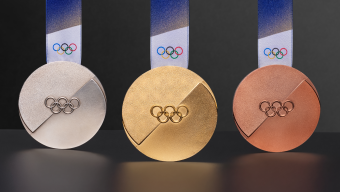French Alps 2030
Games Summary
In 2030, the French Alps will host the XXVI Olympic Winter Games.
The International Olympic Committee named the French Alps as the host of the 2030 Olympic Winter Games at the 142nd IOC Session in Paris, France, on July 24, 2024. IOC members voted 84-4 in favour of the French Alps 2030 bid.
French Alps 2030 will be the seventh Olympic Games hosted by France. The nation played host to the Olympic Winter Games three previous times – Chamonix 1924, Grenoble 1968 and Albertville 1992. The country has hosted the Olympic Summer Games in the city of Paris three times (Paris 1900, Paris 1924, and Paris 2024).
French Alps 2030 will draw inspiration and expertise from France’s most recent Olympic Games hosting experience. As was the case at Paris 2024, sustainability will be a priority for these Games, with 93 percent of venues being pre-existing or temporary to reduce the carbon footprint of the Games. Many of the venues for French Alps 2030 are legacy venues from Albertville 1992.
The Games will take place within four clusters across the northern and southern areas of France, united as the “French Alps.” The competition clusters will be located in Haute Savoie, Savoie, Briançon and Nice. The latter is the most populated area of the host clusters, and is the fifth most populous city in France.
These will be the second consecutive Olympic Winter Games to take place in the European Alps, following Milano Cortina 2026.
Getting to know the French Alps and France
One of the most modern countries in the world, France is a leader among European nations. Its global influence can be felt through its role as a permanent member of the United Nations’ Security Council as well as its positions in NATO, the G-7, G-20 and the European Union.
Although the largest portion of France (551,500km2) is located in western Europe, five overseas entities – French Guiana, Guadeloupe, Martinique, Mayotte, Reunion – also became part of France proper in the early 21st century.
With a population of more than 67 million (62 million in western Europe), France is the 21st most populous country in the world. France is a semi-presidential republic divided into 13 metropolitan regions along with the five overseas regions. The president is the head of state while the prime minister is the head of government.
The official language of the country is French. The national anthem, “La Marseillaise,” was first adopted in 1795 and restored in 1870. It was made famous when the National Guard of Marseille sang it while heading into Paris in 1792 during the French Revolutionary Wars. The French flag, featuring three equal vertical bands of blue, white and red, is known as “le drapeau tricolore” and dates back to 1790.
The French Alps run on Central European Time, which is six hours ahead of Eastern Standard Time.

